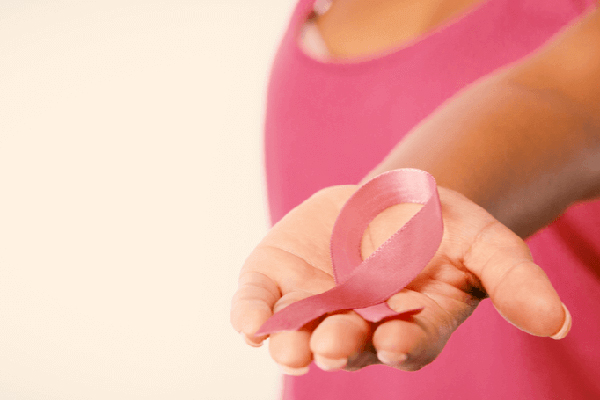Malaria killing cancer outpatients, say UCI officials

Patients inside the newly donated tent at Uganda Cancer Institute at Mulago, Kampala on October 18, 2022. PHOTO/FRANK BAGUMA
The Uganda Cancer Institute (UCI) has said they have been forced to accommodate cancer outpatients and their attendants because they were getting infected with malaria and some had succumbed to the disease.
While receiving a tent for the patients donated by the Grant Thornton Foundation on Tuesday, Mr Amos Obote, the programme manager of patient navigation at UCI, said the board was forced to buy the tents to deal with the issue.
“Previously, patients used to sleep in the corridors. We did an assessment and realised that there are social needs which have to be provided and included accommodation. When some patients come to UCI that is the only address they know in Kampala. Malaria was killing some of them and yet cancer treatment is too expensive that is why we shifted them,” he said.
Asked how many patients they were housing, he said they had about 215 patients.
Mr Obote said some of the patients come from as far as Arua or Katakwi and require to either be reviewed by the doctors a few days later or have to wait for results.
He added that many of them prefer to stay at the UCI premises rather than incur costs to travel back home and return a few days later.
Ms Vicky Kemigisha, the chairperson of Grant Thornton Foundation, said in 2014, they started as Grant Thornton Corporate Services but this year, rebranded as Grant Thornton Foundation.
She said the aim is to get a portion of the profits they make from serving Ugandan organisations and entities to facilitate the many projects that the Foundation undertakes to impact society and one of them was to start giving food to cancer patients but they did not streamline it.
“Today we are here to make a contribution to the social wellbeing of the cancer patients by providing a 50-bed capacity tent. We started with providing 2,000 litres of clean drinking water in March. We hoped to provide the patients food but we did not streamline the partnership,” she said.
Asked whether the institute is getting overwhelmed by the number of patients, Dr Jackson Orem, the executive director of UCI, said the increasing number of patients, is a sign of improved screening services for cancer in the country.
He said previously, when someone had a medical condition, they attributed it to witchcraft but today, anyone can walk into a government or private health facility for a check-up and they are informed of what they are suffering from.
He added that they have not done a study to assess whether these are new patients or old ones.




